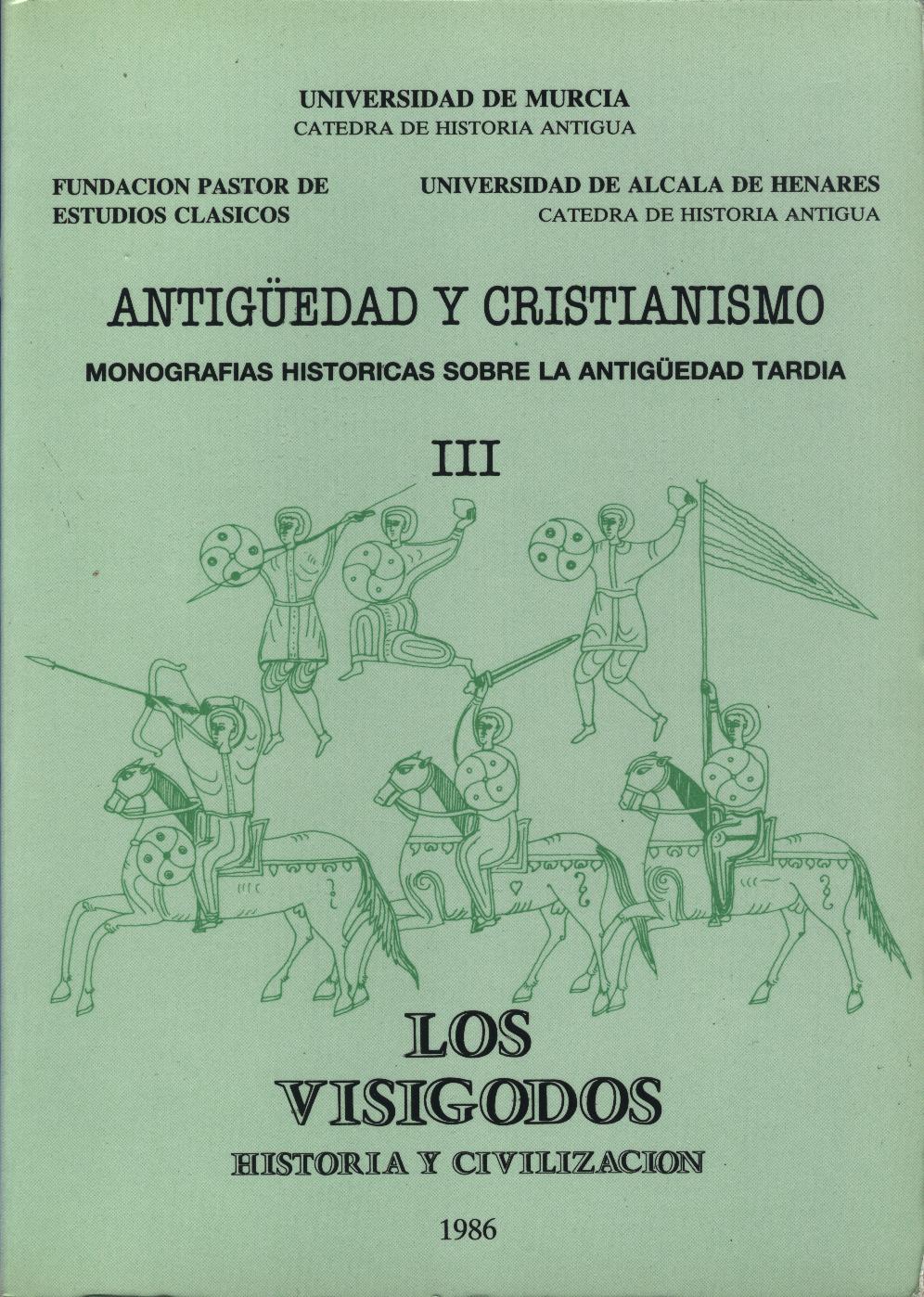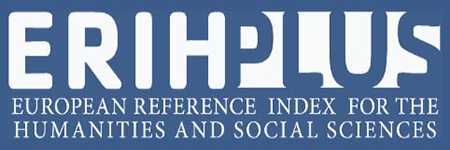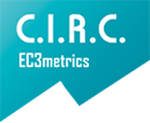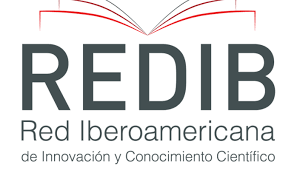Isidoro y Fernández de Córdova: alguna precisión
Abstract
Francisco Fernández de Cordova, de cuya personalidad y obra escribí hace algún tiempo, publicó en Lyon en 1615 una obra miscelánea, Didascalia multiplex, que comprende 50 capítulos, en los que, adornado de una muy notable erudición y sin faltar el juicio crítico, la mayoría de las veces acertado, por parte del autor, se abordan una serie de cuestiones, muchas de ellas curiosas y, al parecer, de actualidad en la época. La intranscendencia o extrañe/a de algunas lleva a su autor a justificar la dedicación de su esfuerzo a temas tales, apoyándose en que "sobre ello se discute, se duda, otros han escrito, e t c . " . De todos modos la seriedad en el trabajo y el alarde de erudición es justificación más que suficiente, y valga como dato el que Broukhusius (Jan van Broekhuyzen), comentarista de Tibulo, remite en una ocasión a Fernández de Cordova. (...) afirmando que en él se puede encontrar todo lo dicho acerca de la cuestión tratada'-'.
Downloads
-
Abstract165
-
PDF (Español (España))102
1. The authors non-exclusively assign the exploitation rights (reproduction, distribution, communication and transformation) to the magazine.
2. The works published in this magazine are subject to the Attribution-ShareAlike 4.0 International license (CC By SA 4.0). Therefore, they can be copied, used, disseminated, transmitted and publicly displayed, provided that:
i) the authorship and the original source of its publication (journal, editorial and URL of the work) are cited, thus allowing its recognition.
ii) it is allowed to remix, transform or create from the material while maintaining the same license as the original.
Note: Articles prior to 2022 incorrectly display the CC by SA license in the abstract page. They are under a CC by NC ND license as embedded in the article pdfs. Articles published in 2022 and after are under the CC by SA license.

3. Self-archiving conditions. Authors are allowed and encouraged to electronically disseminate the pre-print (version before being evaluated) and/or post-print (version evaluated and accepted for publication) versions of their works before publication, as it favors their publication. Earlier circulation and diffusion and with it a possible increase in its citation and reach among the academic community. Color RoMEO: verde.
























